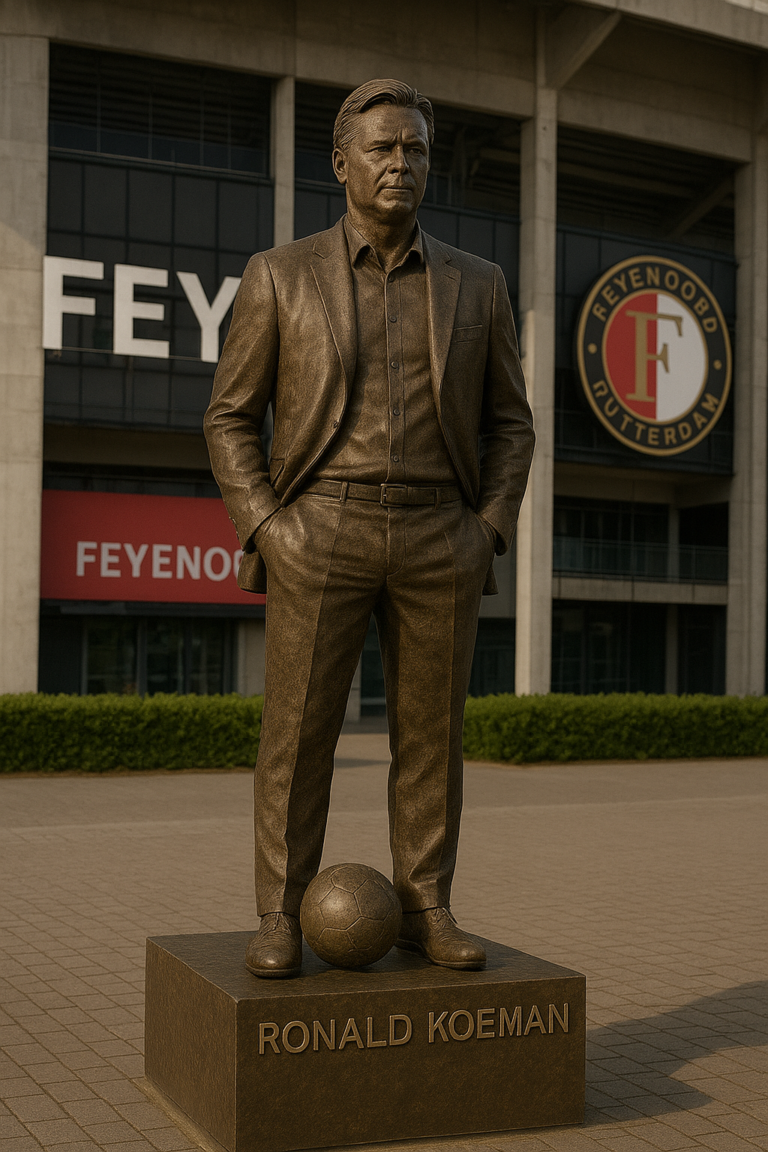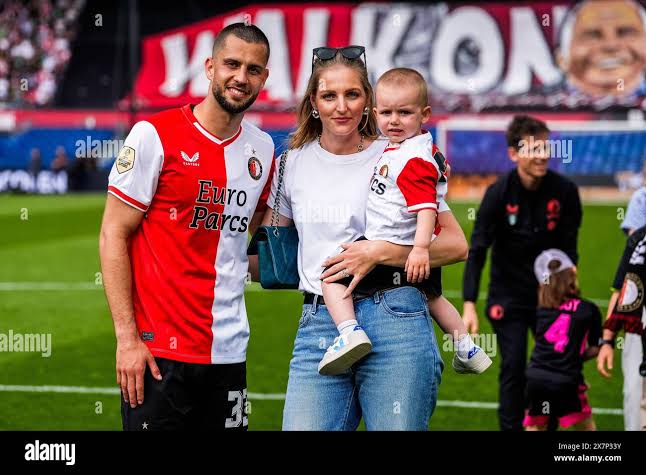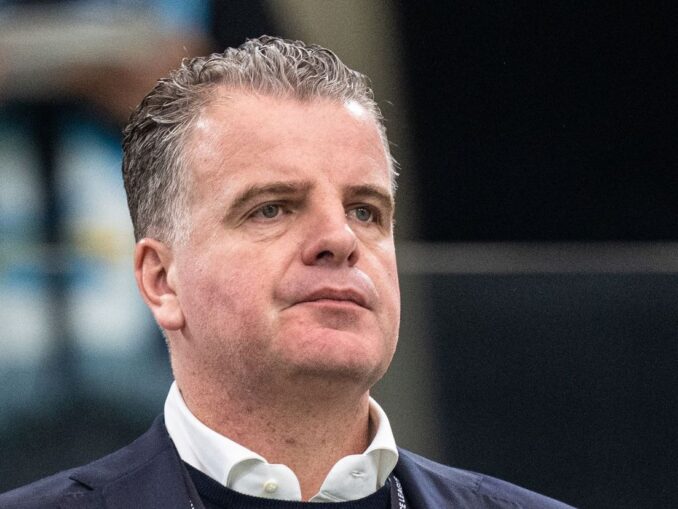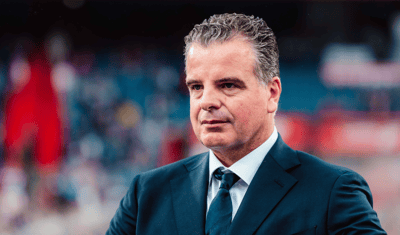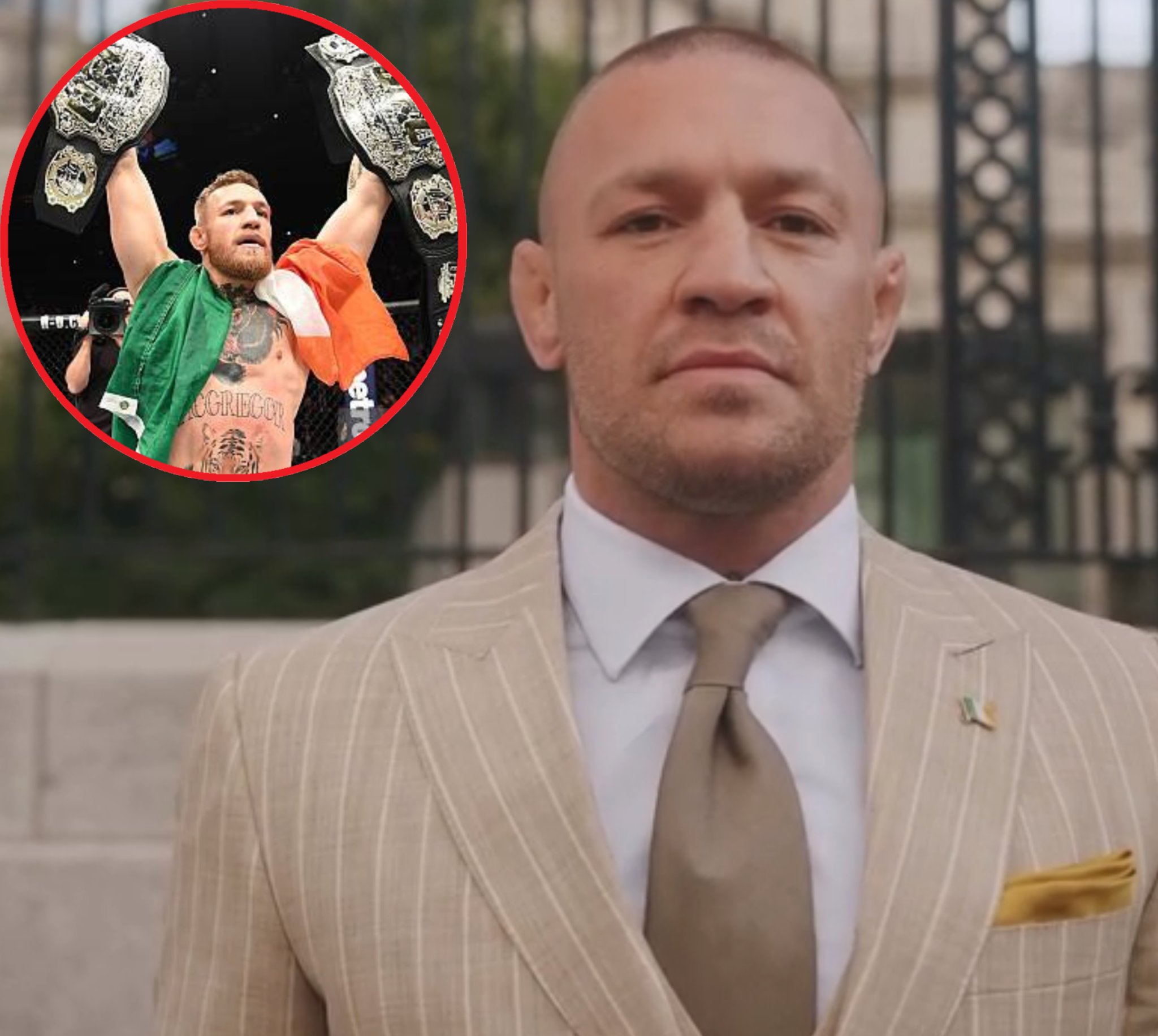
Conor McGregor, the former UFC champion and one of the most recognizable figures in combat sports, has officially declared his candidacy for the presidency of Ireland, setting the stage for what could become one of the most unconventional and widely discussed political campaigns in recent Irish history. McGregor made the announcement on September 4, 2025, outside the Government Buildings in Dublin, delivering a fiery and passionate speech that immediately caught the attention of both national and international media. Known for his brash personality inside the octagon, McGregor appears determined to bring that same intensity and confidence to the political arena.
In his announcement, McGregor criticized the current administration on several fronts, highlighting issues such as child homelessness, economic inequality, and immigration policies. He positioned himself as a candidate committed to national sovereignty, transparency in government, and direct democracy. McGregor’s rhetoric emphasized his belief that the Irish people deserve a voice unfiltered by traditional political structures, promising a presidency that would prioritize citizen engagement and accountability. While his speech resonated with some sections of the public, many critics have expressed skepticism regarding his ability to navigate the complex and highly procedural nature of Irish politics.
One of the primary challenges McGregor faces in this unconventional bid is the formal nomination process. To qualify for the ballot, a presidential candidate in Ireland must secure the endorsement of either 20 members of the Oireachtas, which is the Irish parliament, or support from four county councils. As of the announcement, McGregor has not yet secured any official nominations. In response, he has appealed directly to local councils and the general public for support, using social media and public appearances to amplify his message. Despite the enthusiasm of some fans, many political analysts consider the odds of him achieving the necessary endorsements to be extremely low.
Adding an unexpected international dimension to his campaign, figures like Elon Musk and former U.S. President Donald Trump have publicly expressed support for McGregor’s bid. Musk shared campaign videos on social media, bringing further attention and global visibility to McGregor’s efforts. While such endorsements have increased media coverage and public curiosity, they have also sparked debate within Ireland about the influence of foreign figures on national elections. Critics argue that these endorsements, while attention-grabbing, do not translate into the practical political backing required to navigate Ireland’s complex nomination and election system.
McGregor’s controversial past continues to be a focal point in the discussion surrounding his candidacy. Legal issues and allegations from his past, including a civil rape conviction and associations with far-right rhetoric, have drawn sharp criticism from established political figures. Tánaiste Simon Harris, the Deputy Prime Minister, described McGregor’s chances of securing a nomination as “negligible,” reflecting widespread political skepticism. Many observers question whether his high-profile public persona can withstand scrutiny in the highly structured and procedural political environment of Ireland.
Despite these challenges, McGregor remains undeterred. His campaign, still in its early stages, relies heavily on his celebrity status, social media presence, and ability to galvanize a loyal base of supporters. Analysts note that while celebrity candidates often face steep obstacles in translating fame into political success, McGregor’s charisma and media-savvy approach could allow him to dominate headlines and public conversation, regardless of the ultimate outcome.
The nomination period for Ireland’s presidential election runs until September 24, 2025, leaving just weeks for McGregor to secure the necessary endorsements. The coming weeks will be critical in determining whether his campaign gains enough traction to be taken seriously within the formal political system, or whether it remains a symbolic and media-driven effort that highlights the intersection of celebrity culture and modern politics. McGregor’s entry into the race has already prompted discussions about the changing nature of political campaigns, the role of personality and media in elections, and the boundaries between sports stardom and public service.
Regardless of the outcome, Conor McGregor’s presidential bid has undeniably shaken up Ireland’s political landscape, generating intense public debate and drawing unprecedented attention to the upcoming election. His campaign illustrates how modern politics increasingly intersects with celebrity influence, media spectacle, and public engagement, and whether he succeeds or falters, his run is likely to be remembered as one of the most audacious and talked-about political moves in recent Irish history.



